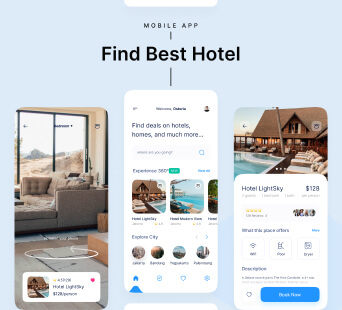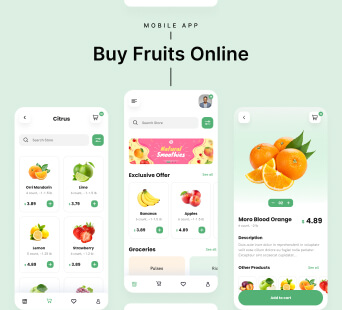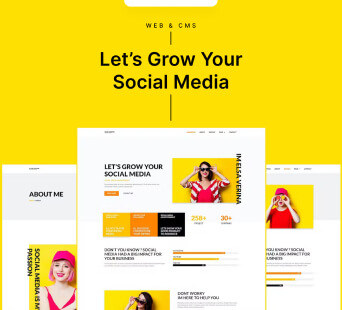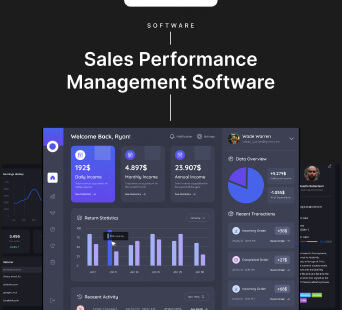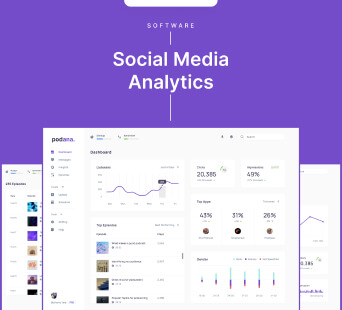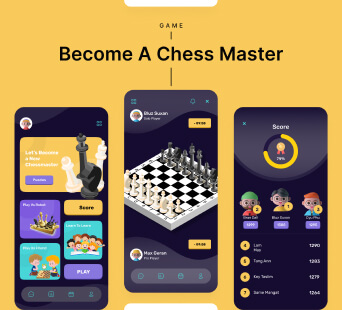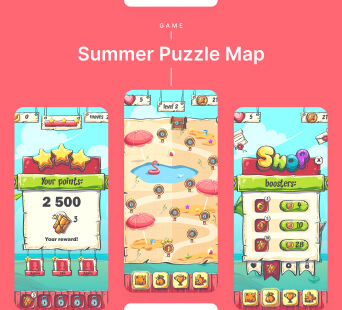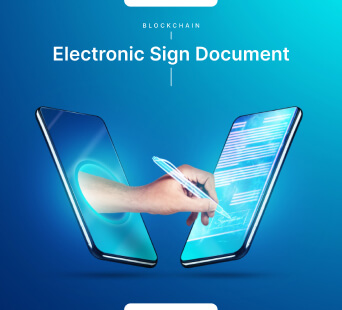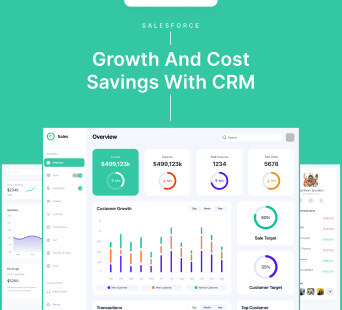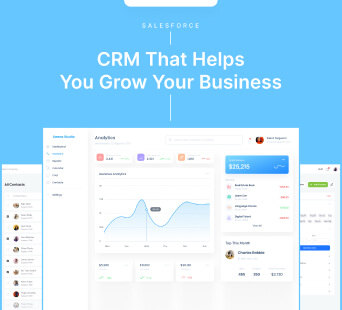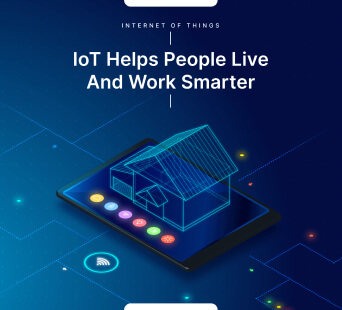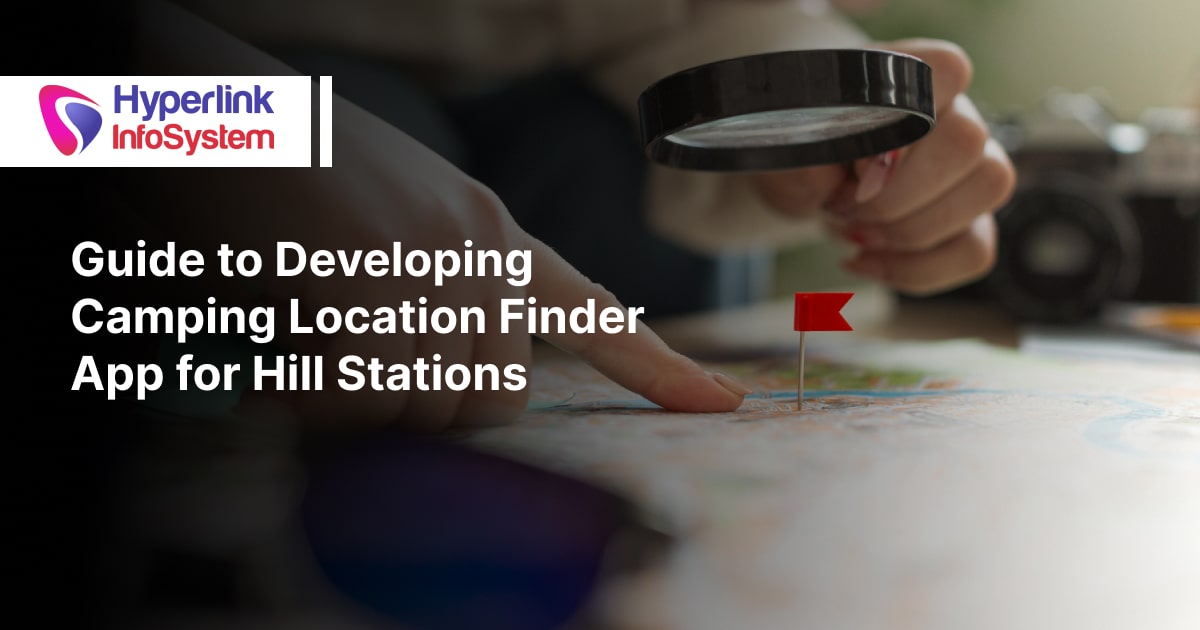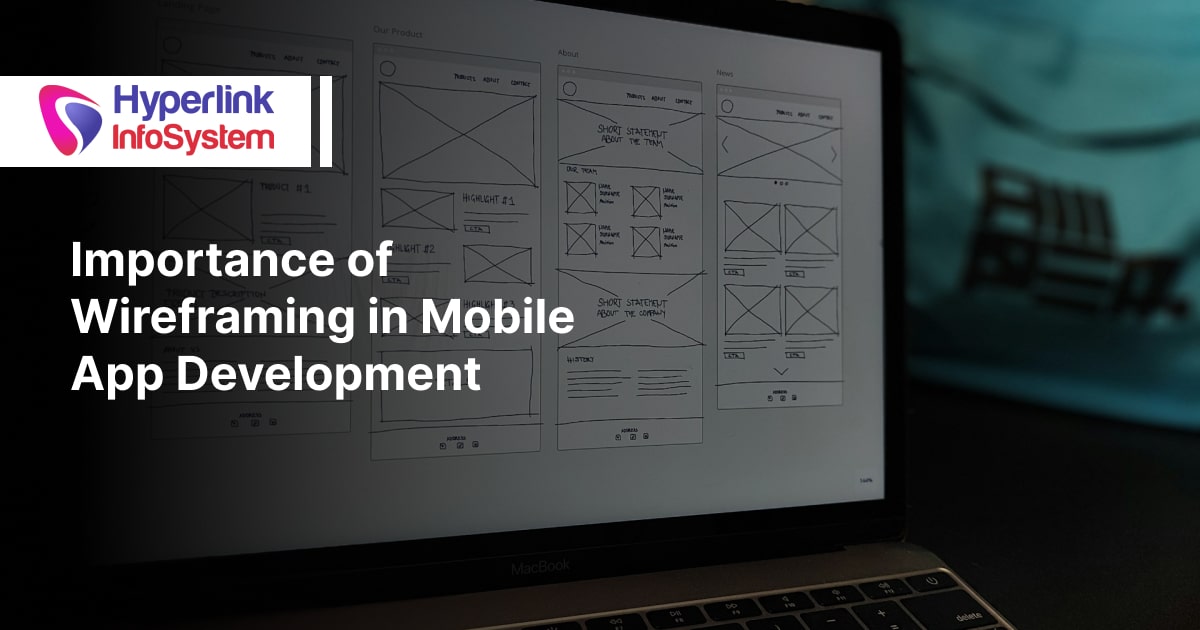Setting The Goal Of Creating An Application
Website apps have business benefits. However, it is essential to think over the primary purpose of the app. Here are the options:
Increased Customer Loyalty
Reducing Abandoned Carts
Increased Customer Activity
Improved Data Collection (Offline And Online)
Having a defined goal, it is necessary to build a strategy for achieving it. Think over which tools in the application will contribute to this goal. The future owner of the application must also decide what type of application he wants to work with: native, cross-platform, hybrid.
Benefits Of Mobile Apps
The only drawback of the mobile app is that the services of app builders are not cheap. But with a well-thought-out professional approach, it quickly pays off and has significant advantages over even an adapted or responsive website. Let's take a closer look at the benefits of applications.
Ideal For Smartphones
If you have ever tried to access a store's website from your smartphone, you immediately noticed how inconvenient it is to use it—tiny print, pages that do not fit the screen. You have to zoom in and move the page, getting lost with the necessary details now and then. The mobile application is fully adapted to the smartphone screen size - this is the main advantage of the application for the client. Moreover, only a mobile device allows some application functions (for example, push notifications, calls, geolocation) to work.
Marketing Channel
More than 50% of Internet users use it via mobile devices. And if a person installs your application on his smartphone, he is interested in buying your goods. That is, having a mobile application, you work only with the target audience. Now your client always has your application icon on the desktop. There is one click left before the purchase.
Communication With The Client 24/7
The application has constant access to the client. Personalized push notifications can be used to keep in touch with a potential customer. The main thing is the right quantity of messages you push. Notifications must be essential and useful.
Constant Business Control
Many mobile applications provide a variety of analytic functions. So you can see data on the number of buyers and the number of purchases, costs and profits, data on purchased goods, and their price. This saves managers from additional processing of all this data on their own. Ready-made numbers are always at hand in the application.
User Interaction
Applications allow you to establish personal contact with the client. These can be notifications about nearby offices or branches, about ongoing promotions and discounts, feedback channels, and even user groups' creation to communicate with each other. A mobile app is an indispensable solution for fast, repetitive, and location-based actions.
Offline Work Mode
Modern versions of applications can work even without Internet access. This is especially important where communication is poorly picked up, and Internet access is unstable or completely absent. If a person urgently needs to make an online purchase somewhere out of town, and the site does not load pictures or does not load at all, then the mobile application will save the situation. After the last online access, data on goods and prices, and their photos were saved.
Payment Via Apple And Google Play
Today, all payment data can be stored on a smartphone without fear of theft. It doesn't matter what platform the client's phone has - Apple or Google Play. When the device has a fingerprint sensor or code or pattern, losing a bank card becomes a more serious problem than losing a phone. The user can purchase one click through the mobile application without routinely entering the card number, expiration date, and CVV code. This is especially important when the card is not at hand, or the matter is very urgent.
Hyperlink InfoSystem is a top app development agency that creates all categories of apps such as messaging apps, eCommerce apps, social media apps, enterprise apps, on-demand apps, and other types.
The UX And UI Of An Excellent Mobile App
User experience (UX) comprises all experiences and sensations that a person has with a product, a service or a software. The design of this user experience is an interdisciplinary process with components from strategy, research, design, prototyping, development, analytics and much more. The user interface (UI) focuses on user friendliness from a graphical point of view. UI design is also interdisciplinary and consists of graphic design, UX, branding and front-end development. The user experience determines whether and for how long your target group stays in your app and how often they return to the app. So UX is the key success factor for your app because it is aimed at immediate use and whether or not a user recommends your app. This, in turn, can lead to increased sales and profits for companies.
Hyperlink InfoSystem Will Assist You With Excellent User Experience
One of the biggest misconceptions is that there is a decision for or against UX. The users will always have some experience with the software. The question is whether it is positive or negative. To ensure that users get a positive experience with a product or application, certain strategies can be applied to shape the UX. An application should not only be effective and efficient to use (usability), but also create added value and offer benefits for the target group. The entire application should not only work smoothly, but also be visually appealing. The user experience goes hand in hand with the expectation that the experience will work flawlessly and that the user will enjoy using it.
A good user experience also depends on technical aspects - especially the user interface. If an application is easy and intuitive to use, this improves the user experience.





